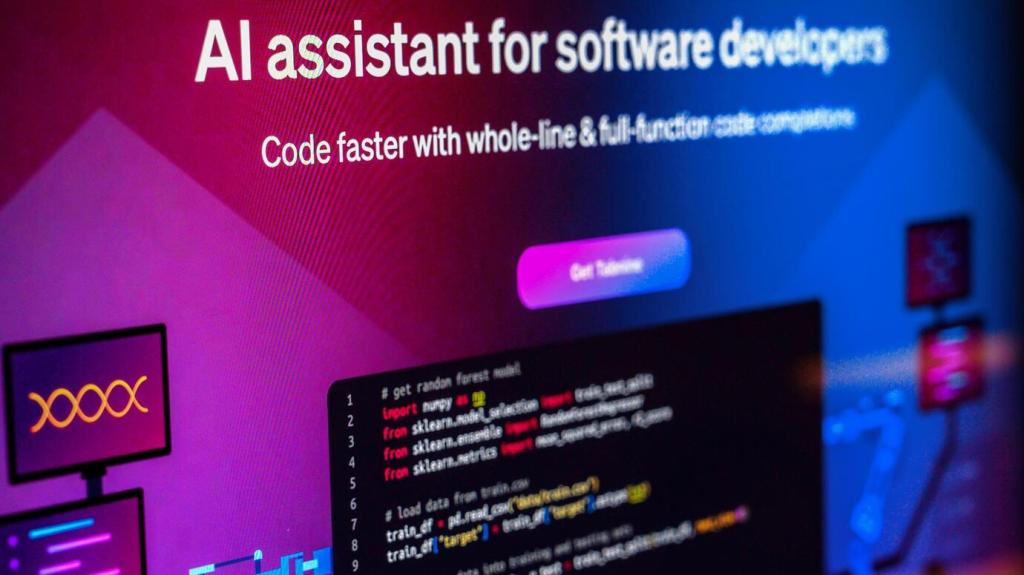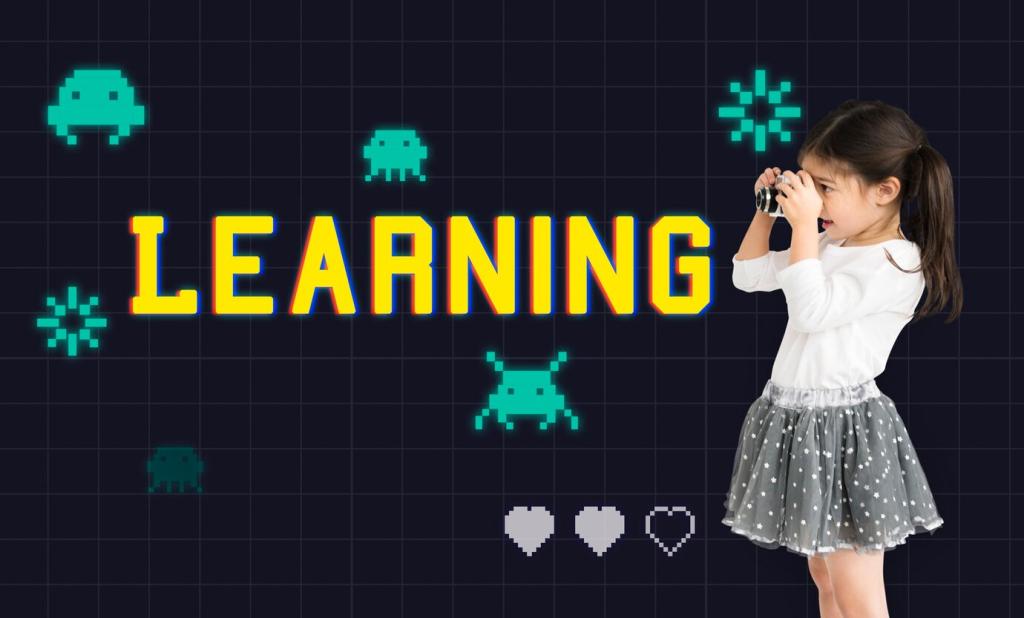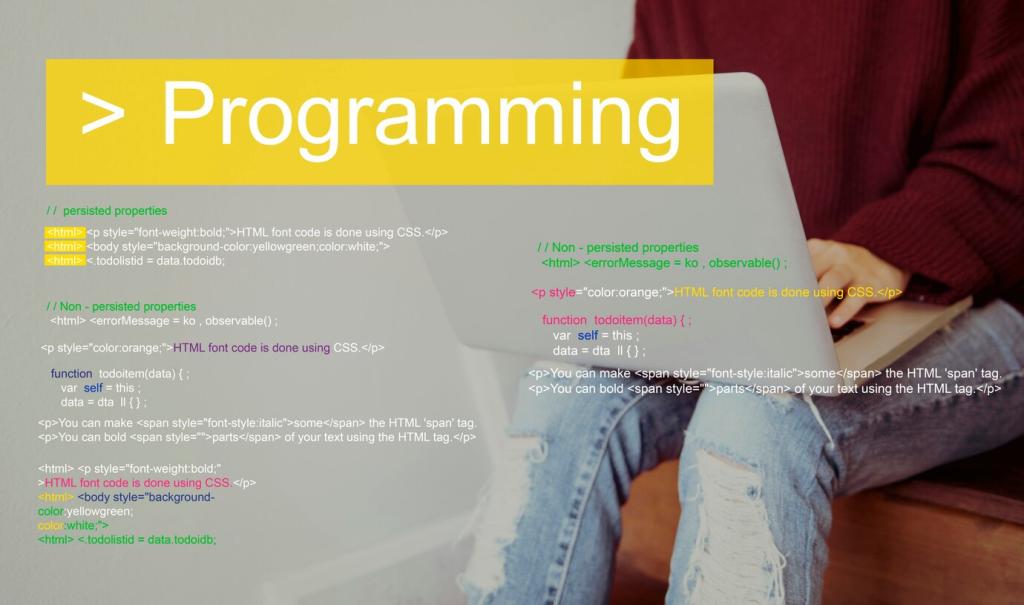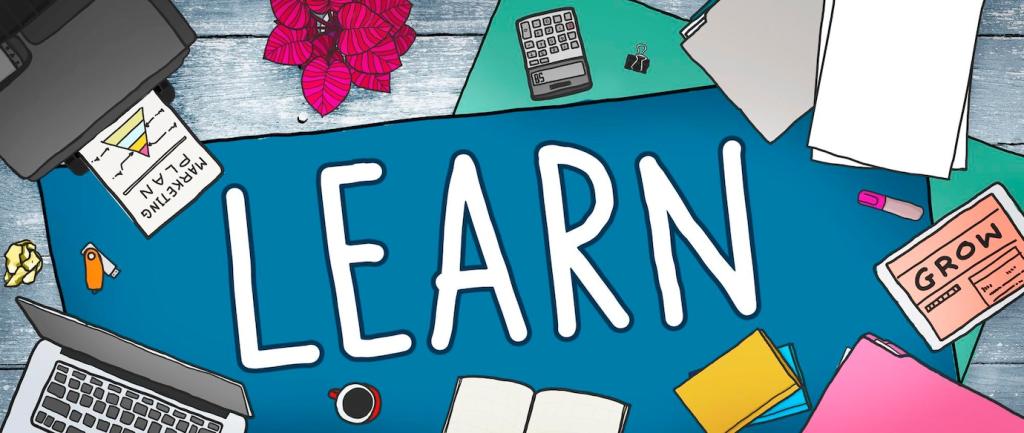
Achieving Success in Coding Bootcamps: Your Focused Launchpad
Chosen theme: Achieving Success in Coding Bootcamps. Step into an intensive, transformative journey with practical strategies, reflective stories, and supportive guidance designed to help you thrive, graduate confidently, and launch a purposeful tech career. Subscribe to follow weekly bootcamp success playbooks.
Mindset That Powers Bootcamp Success
Bootcamps compress months of learning into weeks, so growth mindset is essential. Treat confusion as a signal of progress, not inadequacy, and record daily lessons learned to witness momentum building. What growth mantra keeps you steady during sprints?


Mindset That Powers Bootcamp Success
Ship imperfect code, gather feedback, and iterate fast. Publicly tracking progress in a learning journal reduces pressure and builds accountability. Your willingness to revise demonstrates resilience—one of the most respected traits in tight bootcamp cohorts.
Study Systems That Survive Bootcamp Pressure
Pomodoro Sprints with Intentional Breaks
Alternate focused coding intervals with short, truly restorative pauses. During breaks, stand, hydrate, or journal blockers. Protect at least one deeper recovery block daily to prevent context fatigue. Which Pomodoro length helps you stay sharp without burning out?
Spaced Repetition for APIs, Syntax, and Patterns
Create flashcards for tricky methods, commands, and nuances that slip under stress. Spaced repetition cements recall when deadlines loom. Pair cards with tiny code snippets to anchor memory in practice, not theory. Ready to build your daily review habit?
Active Recall Through Micro-Projects
Instead of rereading notes, implement a mini feature from memory: a search bar, pagination, or form validation. Each micro-project reveals gaps and builds confidence. Share your next micro-project idea to crowdsource feedback and accountability.


Collaboration, Communication, and Team Velocity
Define roles, switch at regular intervals, and narrate your thoughts. A short pre-session goal sets direction, while a post-session recap captures insights. This practice reduces misalignment and builds shared ownership in high-pressure milestones.
Collaboration, Communication, and Team Velocity
Frame questions with context: what you tried, what you expected, and the exact error. Include code snippets or reproduction steps. This habit earns faster help and teaches you to debug collaboratively—an essential bootcamp and workplace skill.
Project Strategy to Stand Out
Pick a focused problem, define success metrics, and cut everything non-essential. Deliver a trustworthy core experience first, then layer polish. This discipline demonstrates judgment—crucial for achieving success in coding bootcamps and beyond.
Project Strategy to Stand Out
Lead with the problem, who benefits, and what you learned. Add setup steps, screenshots, and trade-offs. A thoughtful README turns a repository into a narrative artifact, helping mentors and recruiters grasp your thinking quickly.


Career Readiness During the Bootcamp
Curate three projects that collectively show breadth and depth: one full-stack, one algorithmic or data-heavy, and one UX-focused. Tie them together with a short personal mission that frames your strengths and interests.




Debugging and Problem-Solving Mastery
Recreate the bug consistently, then cut the problem to its smallest failing example. Isolation reveals root causes quickly and teaches you to reason about systems. This disciplined approach shines during assessments and interviews.
Debugging and Problem-Solving Mastery
Instrument code with targeted logs, set breakpoints, and test hypotheses one by one. Write down what you expect versus what actually happens. This scientific loop builds confidence under pressure and prevents frantic code thrashing.


Demos, Assessments, and Standing Out
Tell the Story Behind the Feature
Open with the user problem, then reveal your solution and trade-offs. Show a live moment of delight, like instant search or snappy onboarding. Audiences remember feelings, so design your demo to create them deliberately.
Handle Questions with Grace
If you don’t know an answer, narrate how you’d investigate: logs, tests, or documentation. This signals professionalism. Thank the asker, capture the question, and follow up later with findings to demonstrate reliability.
Reflect and Iterate After Every Milestone
Keep a brief post-mortem template: what worked, what failed, and what to change. Share key takeaways with your cohort. Iteration compounds, turning each sprint into a lever for greater success in coding bootcamps.
